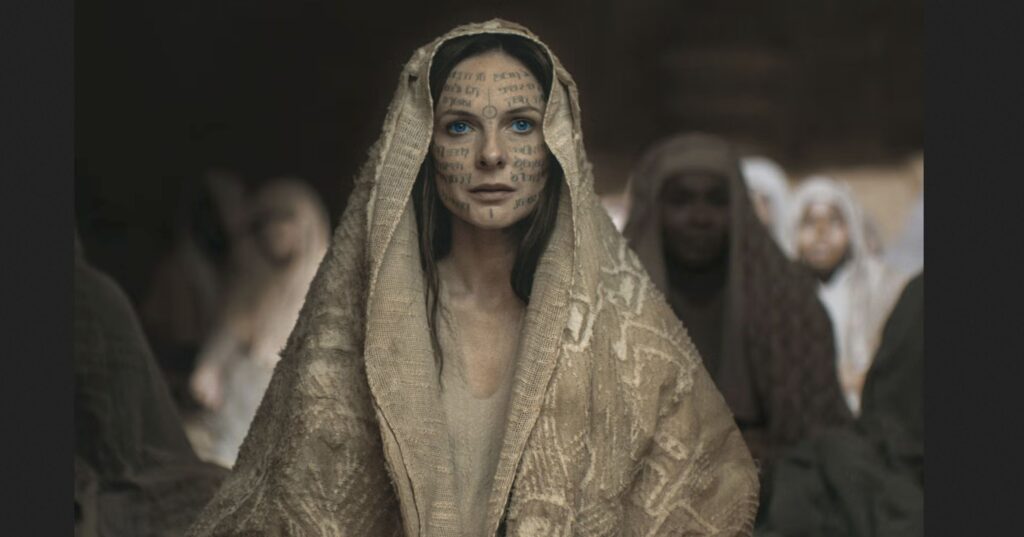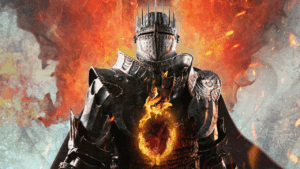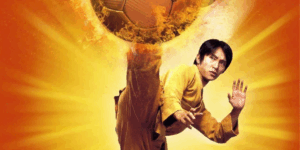Rise of the Machines | The Official Schoolgirl Milky Crisis Blog


No, you probably weren’t expecting a picture from Dune to grace the inner pages of NEO magazine. But it’s been on my mind a lot recently, because of the backstory, largely obscured in Denis Villeneuve’s version, of the Butlerian Jihad, an ancient war against artificial intelligences, inspired by the quote in the Dune universe’s pimped-up bible: “Thou shalt not make a machine in the likeness of the human mind.”
Artificial intelligence, or to be more correct, machine learning, is already seeping into many aspects of our lives, including anime. In this very magazine, (NEO #227), we reported on Yuhei Sakuragi’s reliance on “human fallback” to prompt his crowd animations into better realism, and on the developments at Mantra (NEO #231) to create an automated manga translator. Japanese animators are testing A.I. to replace inbetweeners, Midjourney has already drawn a whole comic for ROOTPORT, and now streamers are “testing” A.I. subtitling.
The thing is, the streaming world is already knee-deep in machine translation, whether the streamers admit it (or know it) or not. Time and again, watching mainstream telly, I’ve winced at auto-generated subs from English, that mishear dialogue and have gone uncorrected. Someone, no doubt, is being paid to edit such errors, but they, like the now-replaced human translators who have been ditched, isn’t being paid enough to give things more than a cursory glance. When even YouTube and Subtitle Edit have auto-translation options, who can blame a media corporation from wondering whether this will help them cut even more corners? As this column predicted in NEO #215, the expansion of streaming threatened to overwhelm human translators, making robot assistance an inevitability.
I remain resolutely analogue for now… until the day that my translation clients stop paying me a living wage, and I resort to robot minions.
Now, you might think this all sounds a little paranoid. It seems churlish to complain about robot labour when so many aspects of our lives are already delegated to machines. If you met your spouse through a match on Bumble; if you bought an anime Blu-ray that was recommended to you by an Amazon algorithm; if your last holiday was booked and steered by a travel app like Trip, then machines are already helping out in your daily life. Yesterday in the supermarket, I realised I didn’t know the local word for sourdough bread, and pulled out my phone to ask Siri.
“I don’t speak Finnish,” said Siri, apologetically. Which makes Finland the ideal place for humanity’s last stand.
Jonathan Clements is the author of Anime: A History. This article appeared in NEO #240, 2024.








